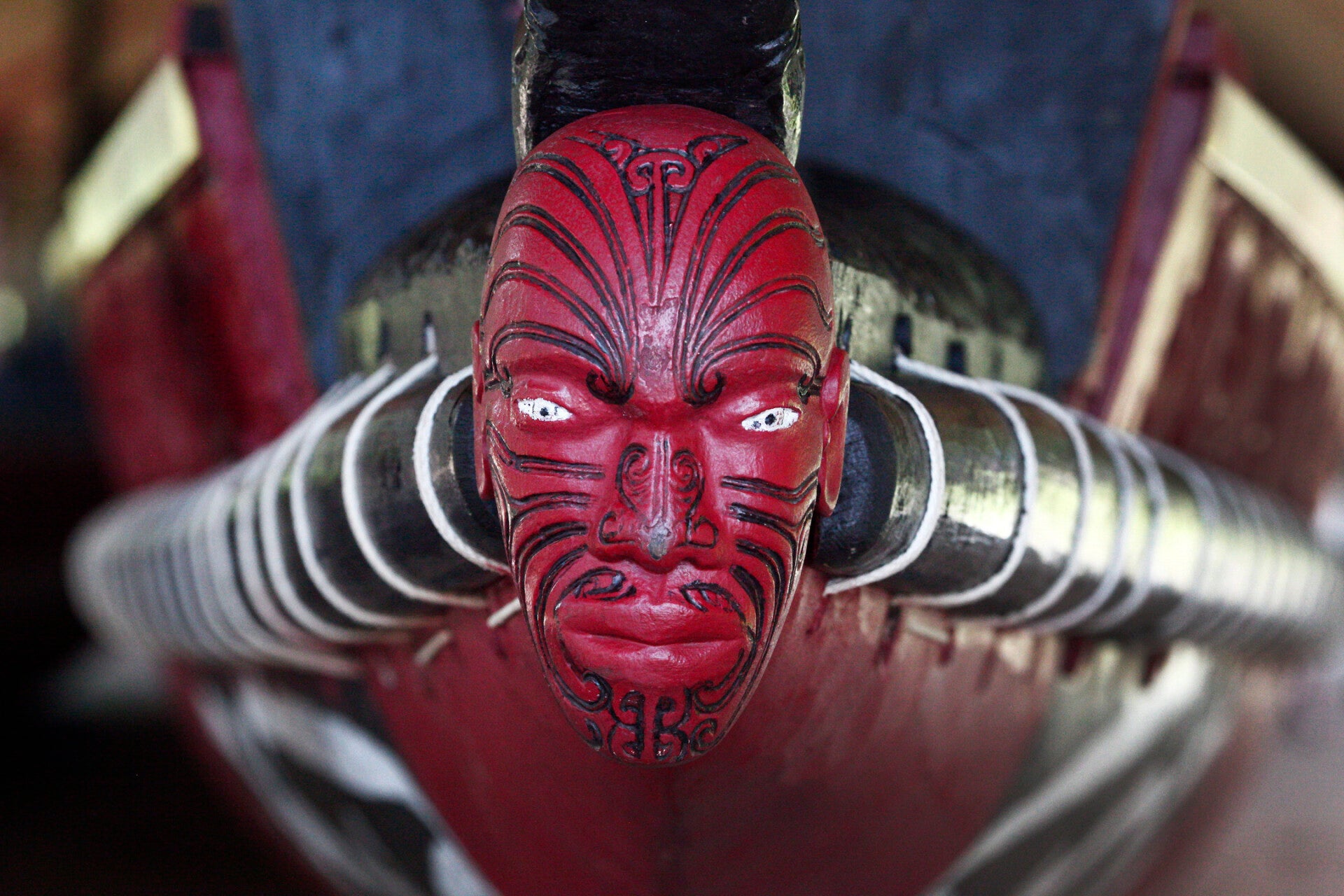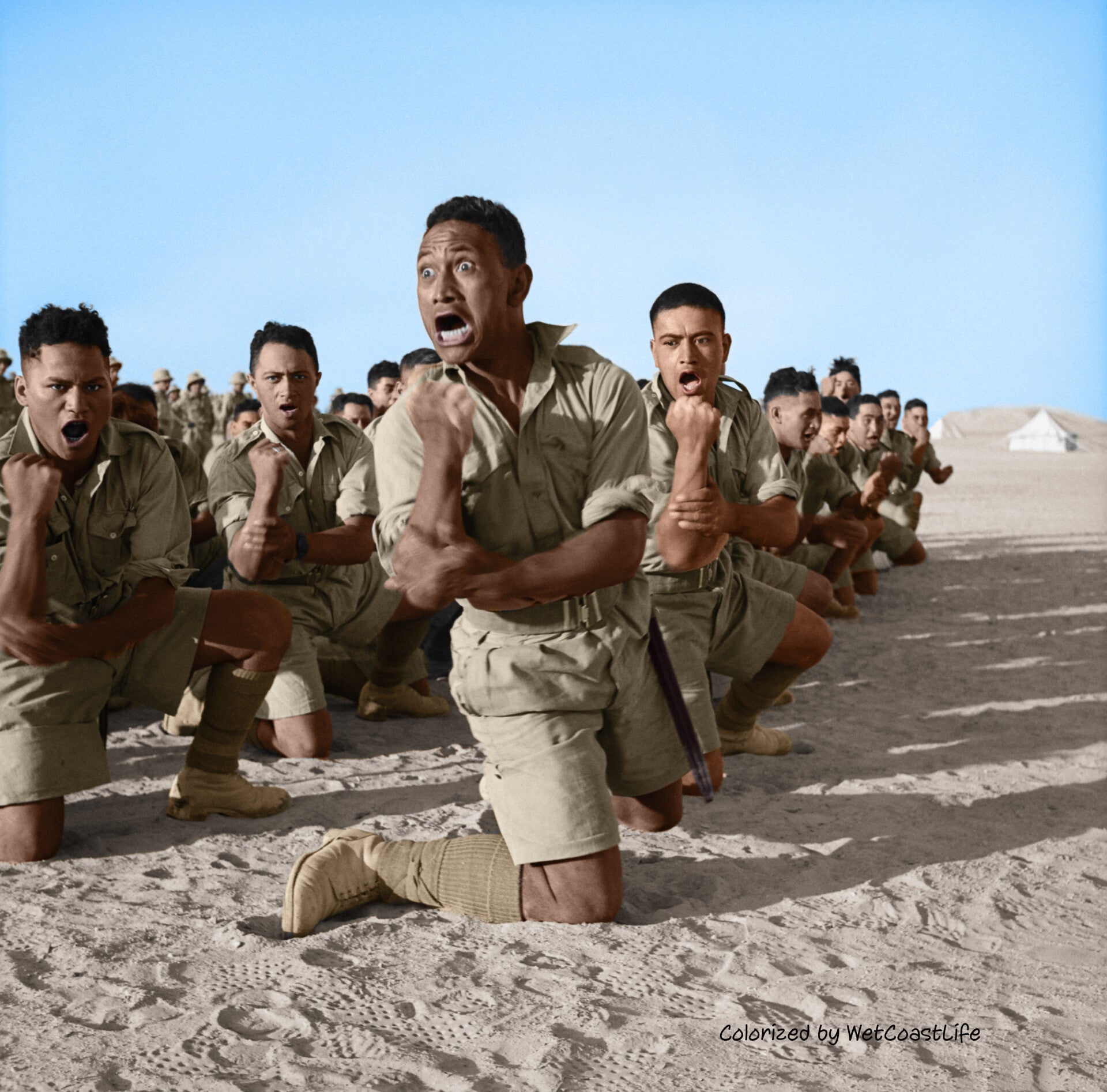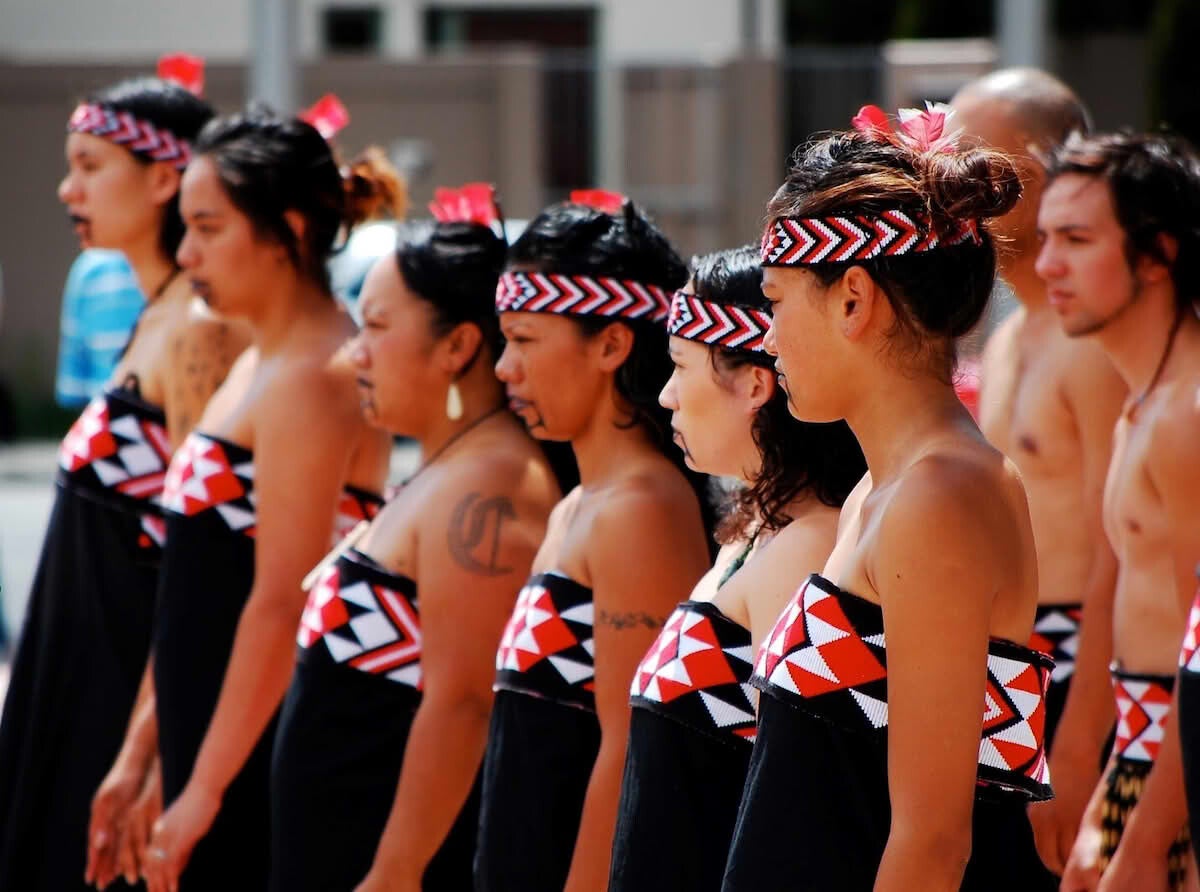
Origins of the Haka
The haka is a powerful traditional dance of the Māori people of Aotearoa (New Zealand), deeply rooted in ancestral heritage, spirituality, and storytelling. Contrary to the common perception of the haka as solely a war dance, its origins are far broader and more sacred. Haka were originally composed to express a wide range of emotions—joy, grief, celebration, challenge, and unity—and were performed for many reasons: to welcome guests, pay tribute to great achievements, mark important occasions, or mourn the loss of loved ones.
One of the most well-known haka, Ka Mate, was composed in the early 19th century by the famous chief Te Rauparaha. His chant tells the story of his survival and is an embodiment of defiance, resilience, and hope.

Haka Through Generations
Over generations, the haka has remained a central and evolving aspect of Māori culture. Passed down through oral tradition, haka continue to be created and adapted by iwi (tribes) and whānau (families) to reflect their unique stories, struggles, and triumphs. It has become a living cultural expression—performed at weddings, funerals, and school events, as well as by kapa haka (haka groups) during national competitions like Te Matatini, which celebrate Māori performing arts on a grand scale.
The haka has also played a vital role in fostering identity and unity, especially during times of political resistance and cultural revival. It has served as a voice for Māori pride, protest, and solidarity.

The Haka Today
Today, the haka is globally recognized, thanks in part to its iconic performance by New Zealand’s All Blacks rugby team before international matches. Beyond sports, however, the haka has found meaningful relevance in modern society—including within the corporate world.
Many organizations in Aotearoa and around the world now embrace haka as a tool for team building, leadership development, and cultural integration. When taught and performed with cultural respect and guidance, haka can foster a deep sense of unity, emotional engagement, and shared purpose within teams. It offers a way to connect people to Māori values such as mana (authority, respect), whanaungatanga (relationships), and kotahitanga (unity).
Workshops led by Māori facilitators often guide companies through haka experiences that go beyond performance—highlighting the cultural protocols, meanings, and storytelling embedded in each movement and chant. In this way, the haka is not just a performance; it becomes a bridge for cultural understanding, empowerment, and collective expression in the modern business world.

Let’s talk
Have questions or want to learn more about bringing a workshop to your team? Get in touch.

